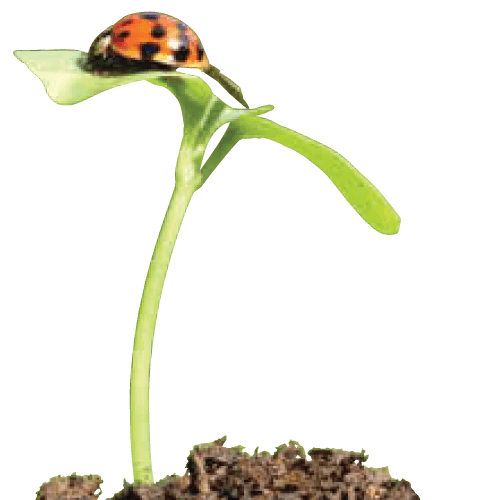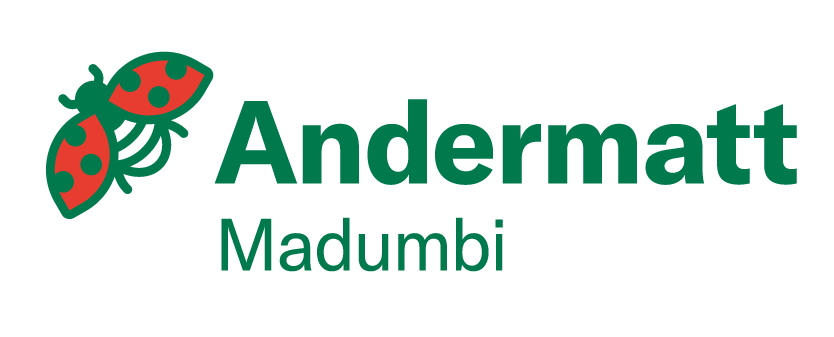
This article appears in Farmers Weekly May 2020 issue.
Changing the way we grow food
Madumbi’s bioproducts are registered, scientifically proven, and trusted. With the rising demand for healthy, residue-free food, they are playing an ever-increasing role in plant production.
Today’s consumers are demanding residue-free, nutrient-dense food to feed their families and be safe doing so. This is according to André Fox, founder and CEO of Madumbi Sustainable Agriculture.
Madumbi, a South African distributor of bioproducts, is at the forefront of meeting this demand.
“Bioproducts are naturally occurring living organisms (bacteria, fungi, nematodes, insects and plants), as well as extracts of living organisms,” explains Fox. “They support growers in building bio-active soils, maximising soil and plant health, and providing pest management solutions that have minimal impact on the environment and people.”
Madumbi delivers renowned biorational products, along with expert technical guidance and application support. Its solutions are registered, tried and trusted, and scientifically proven to deliver results, but more importantly to have no detrimental effect on soil and biodiversity.
INTEREST
Worldwide, the biocontrol market is expanding at between 15% and 17% compound annual growth rate. The main drivers of this growth are the consumer demand described above and the unsustainable cost of developing traditional pesticides. “There’s a much higher level of acceptance now than there was 10 to 15 years ago,” says Fox.
Biocontrol products are not expected to displace traditional crop protection products in the foreseeable future. But it is anticipated that they will be used increasingly within integrated pest management (IPM) systems. These are combined programmes of biocontrol and traditional products to ensure optimal cost benefit, yield production and sustainability.
According to Fox, Africa has the capacity to contribute significantly to global food security.
“It has great untapped potential and is rich in resources. The expansion of food security on a
global basis will, I believe, come from Africa, and Madumbi will be there to service the market from farm to fork.”
 Biological pest control products, such as those provided by Madumbi, leave no chemical residue and do not, therefore, fall foul of maximum residue limits set by authorities.
Biological pest control products, such as those provided by Madumbi, leave no chemical residue and do not, therefore, fall foul of maximum residue limits set by authorities.
NO MORE RESIDUE
New EU regulations on chemical usage and maximum residue limits (MRLs) are a challenge to export growers in South Africa. An MRL is the maximum level of a particular pesticide that is permitted in food.
The lowering of MRLs in certain markets places increasing pressure on growers. The most demanding markets from an MRL perspective are often the most lucrative, providing significant incentive for growers to produce within the set limits.
South Africa’s warmer climate results in greater pest pressure, and a grower may have to cope with several major pests and diseases. An effective IPM programme is therefore needed to manage the pathogens or pests and meet the MRL levels set.
This is where biological solutions can play a major role. They leave no chemical residue and so are mostly unconstrained by MRLs or withholding periods. This does not mean that all growers can start farming organically and totally exclude chemicals
Rather, they should look to well-researched IPM programmes, which aim to use the best chemical solutions available in the correct application windows, to limit residue levels.
These programmes should be integrated with proven biological solutions and best agronomic practices, such as sanitation and monitoring, to achieve the best quality production.
Where this is done correctly, farmers can realistically look to achieve the production of healthy, nutrient-dense, residue-free food.
‘FIREFIGHTING’
For most growers, programmes are planned using as many traditional chemical products as the MRL levels allow. Biologicals are introduced only when problems arise, with the hope that they will perform a ‘firefighting job’ towards the end of the season when no more chemical options are available.
Ideally, an IPM programme should aim should to result in lower than permitted MRLs so that problems arising later in the season can be managed better. Biological solutions should therefore be included from day one. Madumbi can provide growers with expert technical guidance in this respect.
Phone Madumbi Sustainable Agriculture on 033 342 3984. Visit madumbi.co.za.
